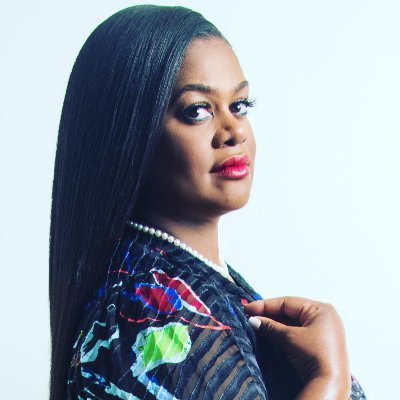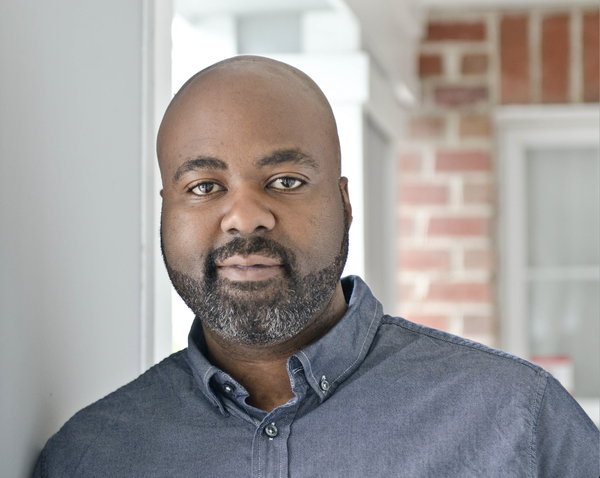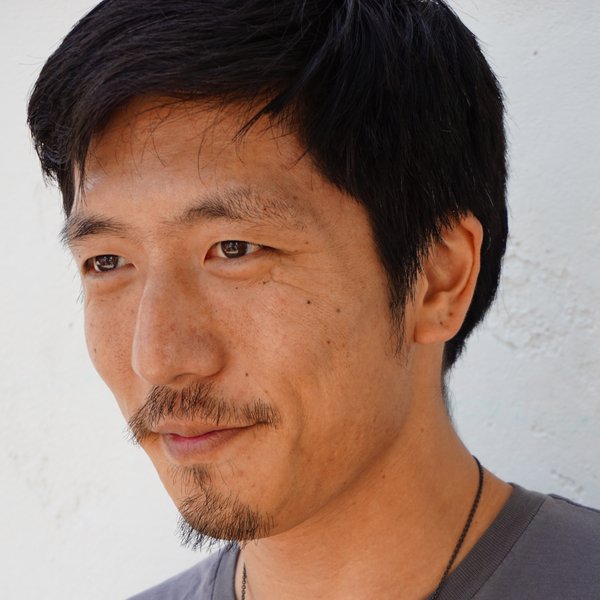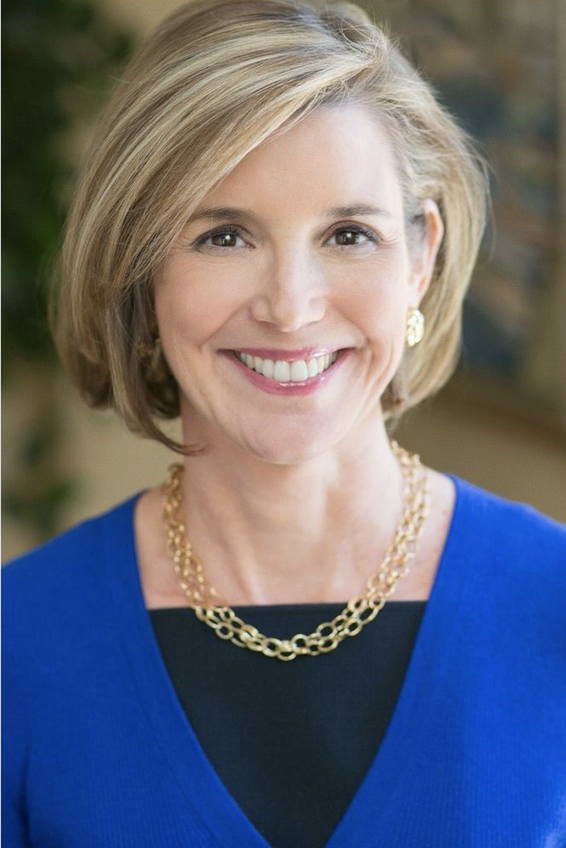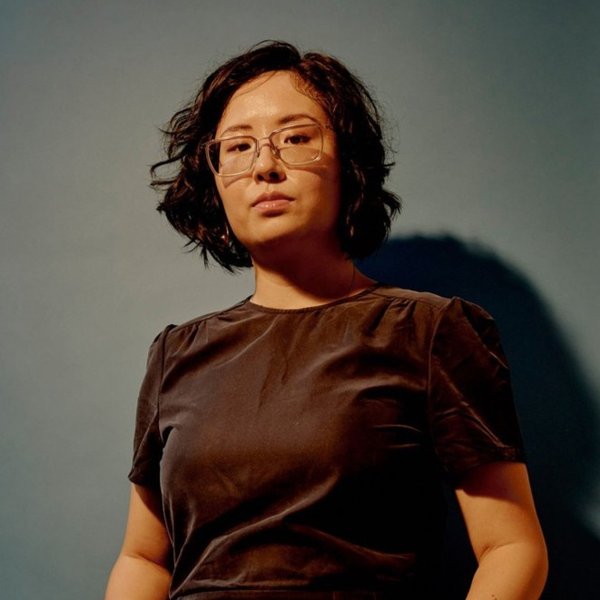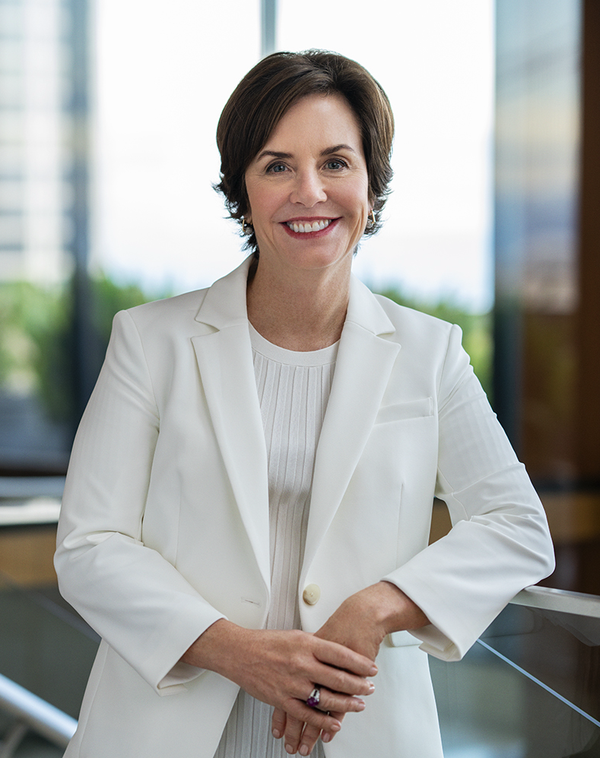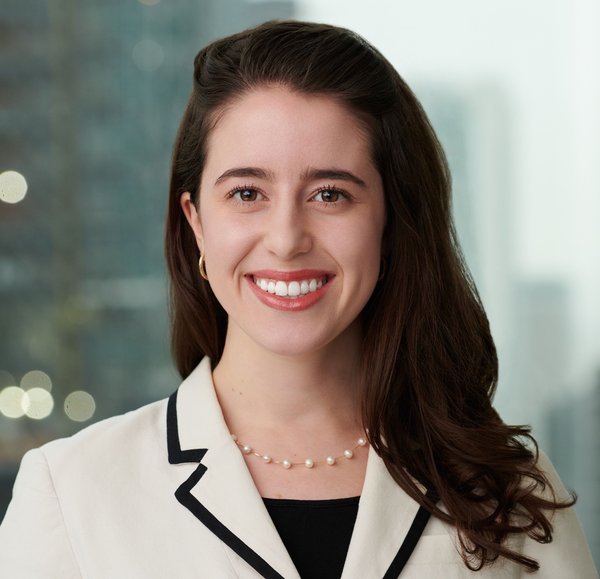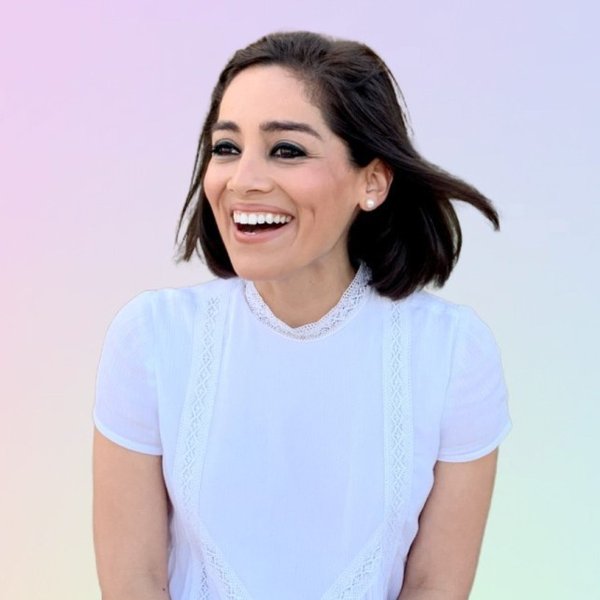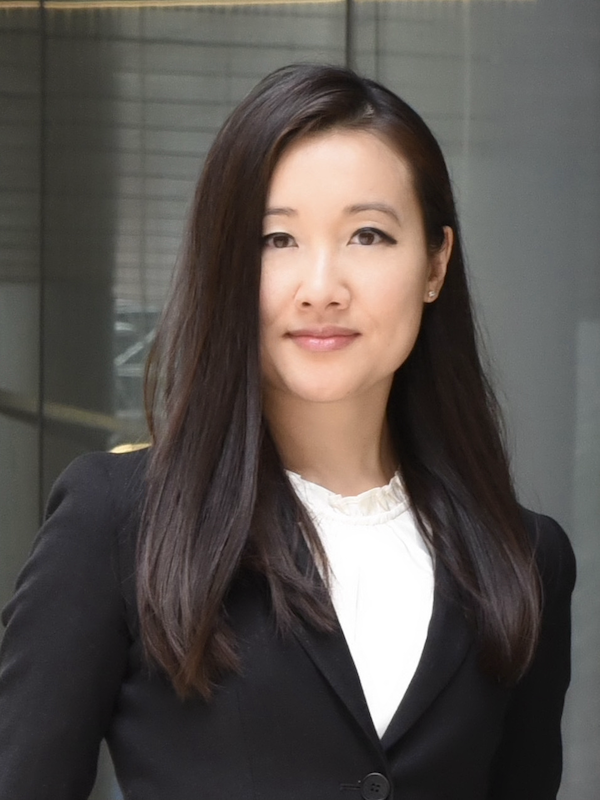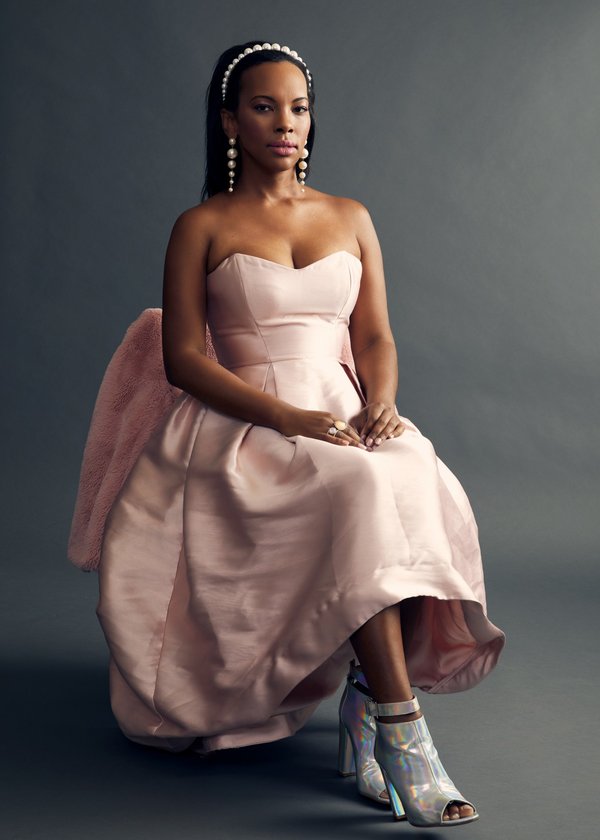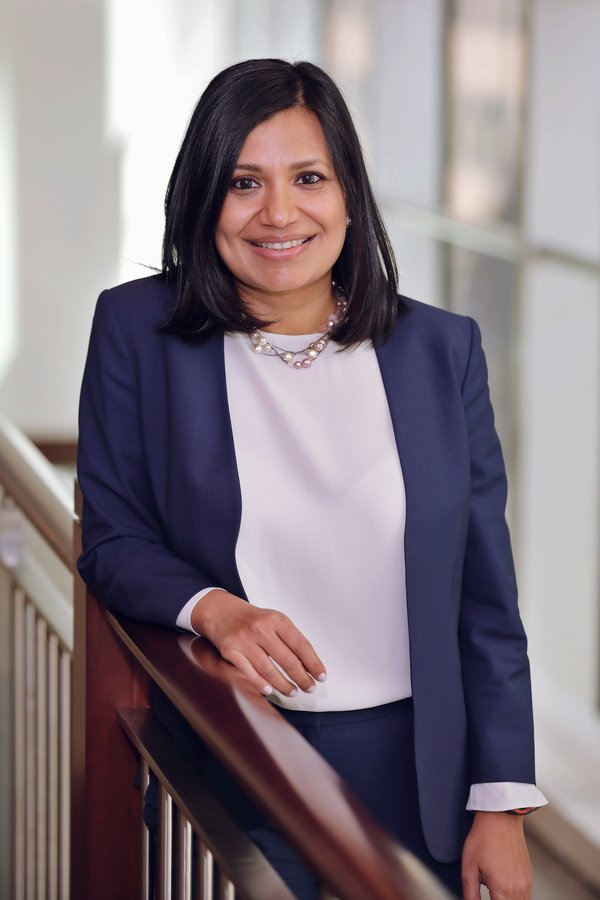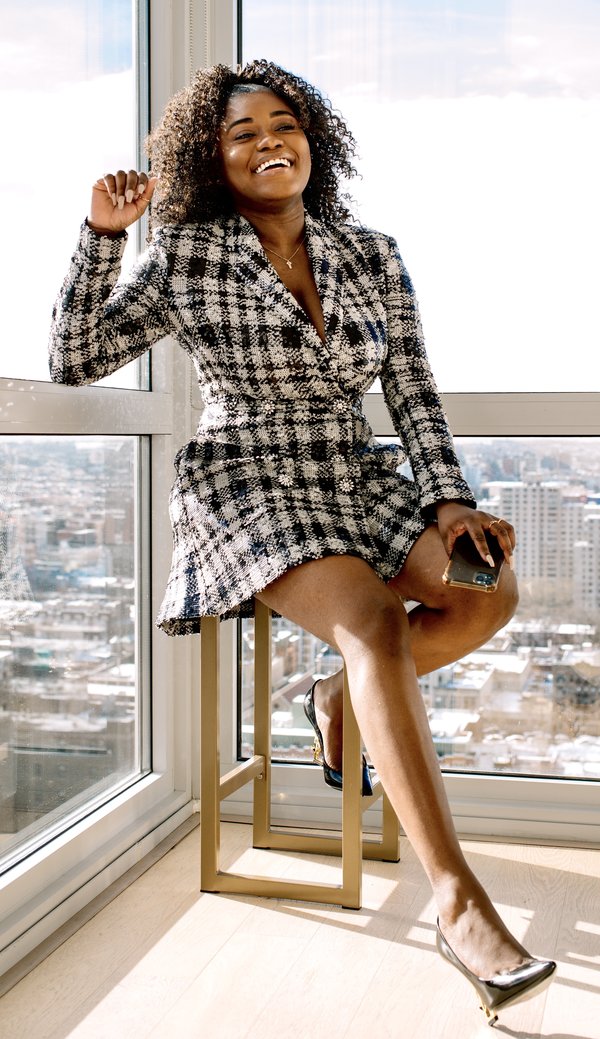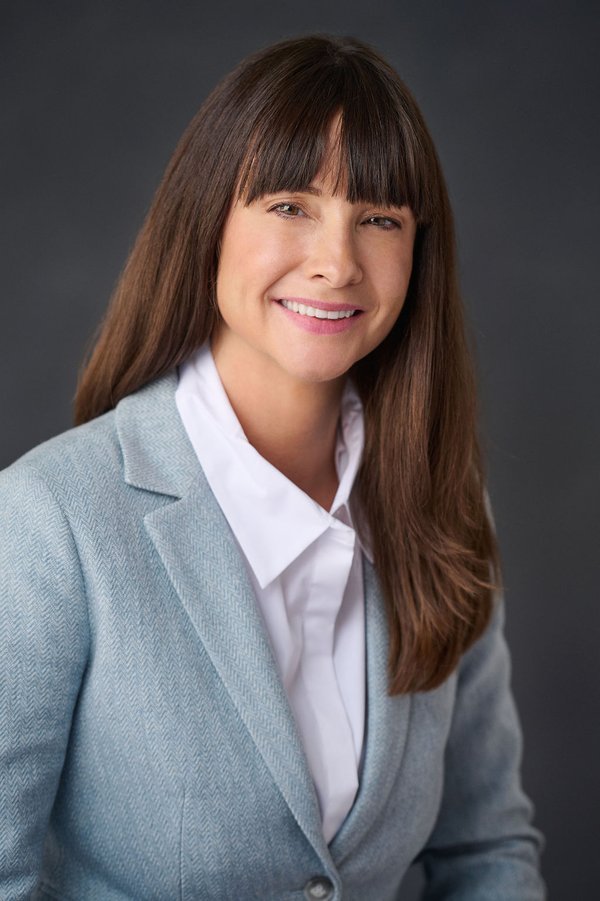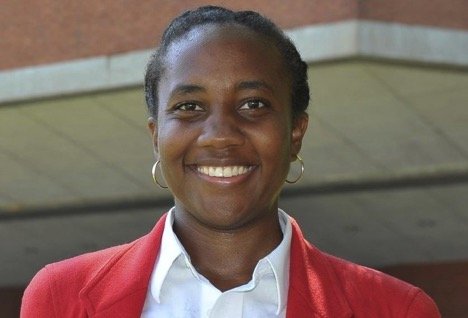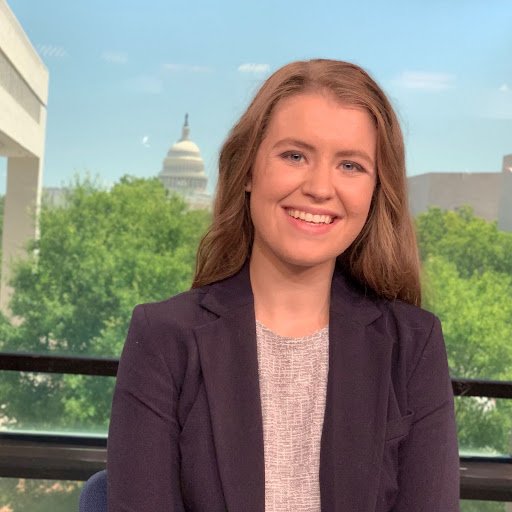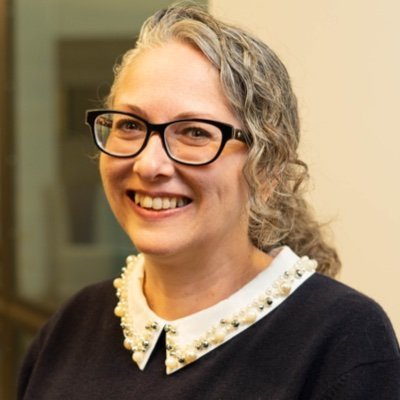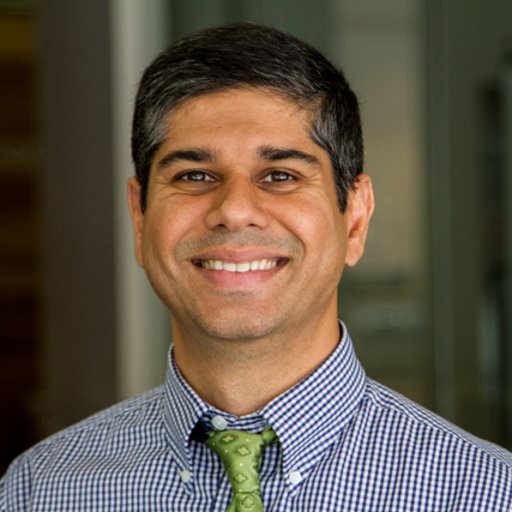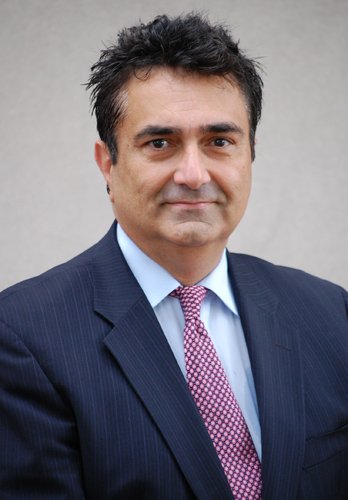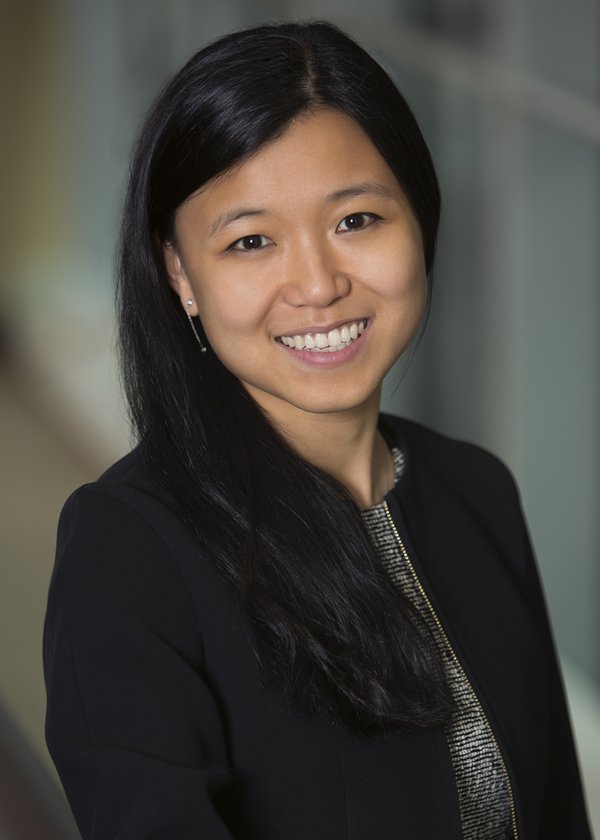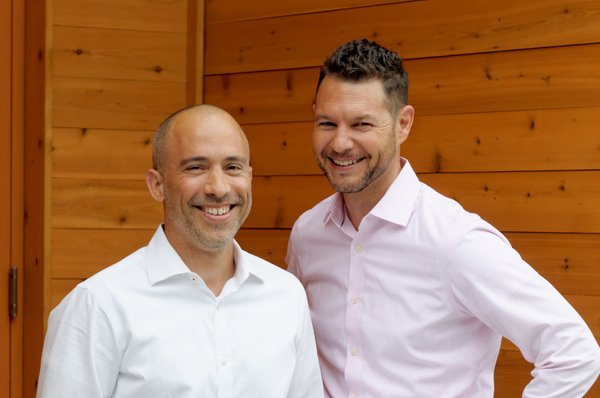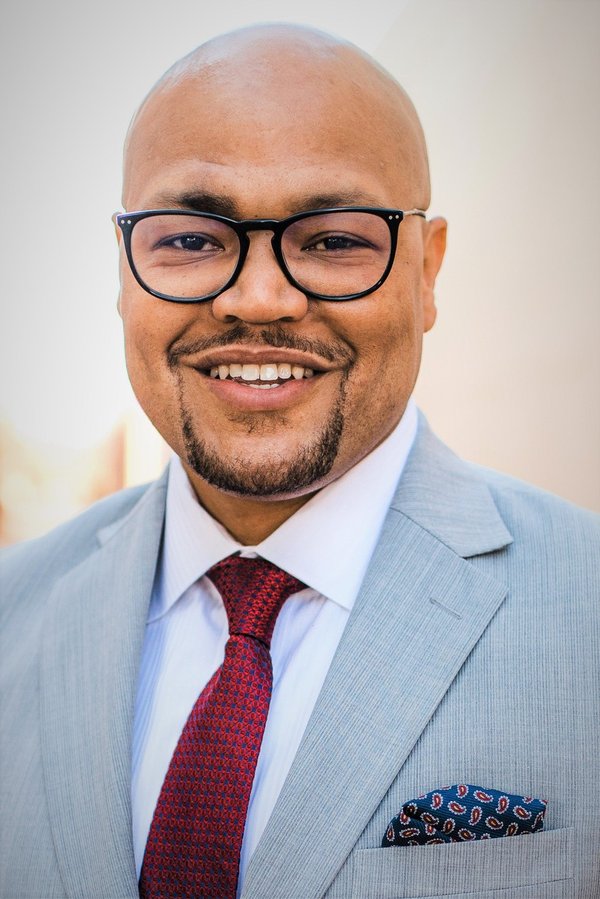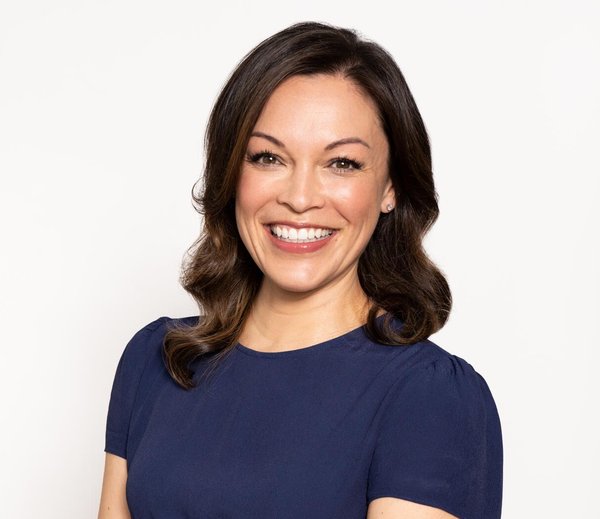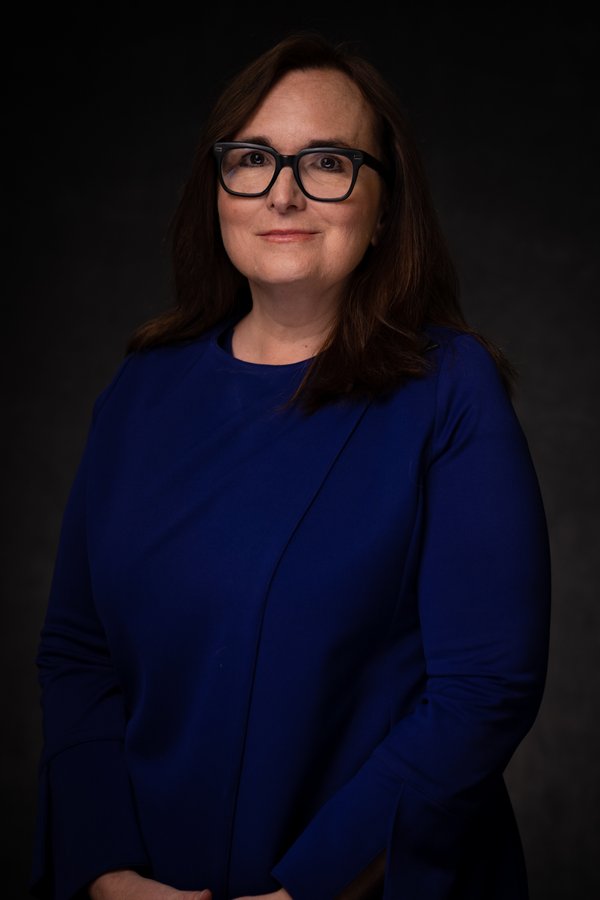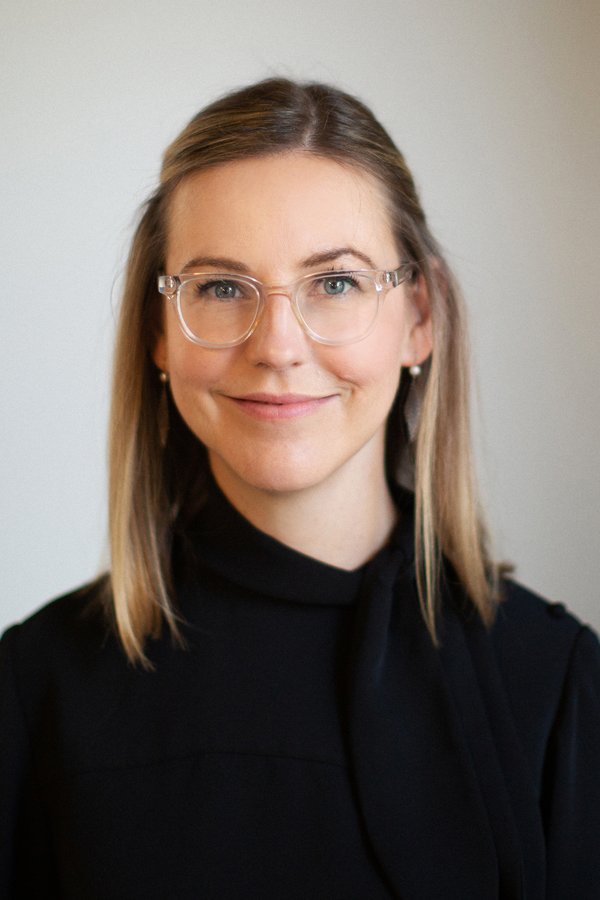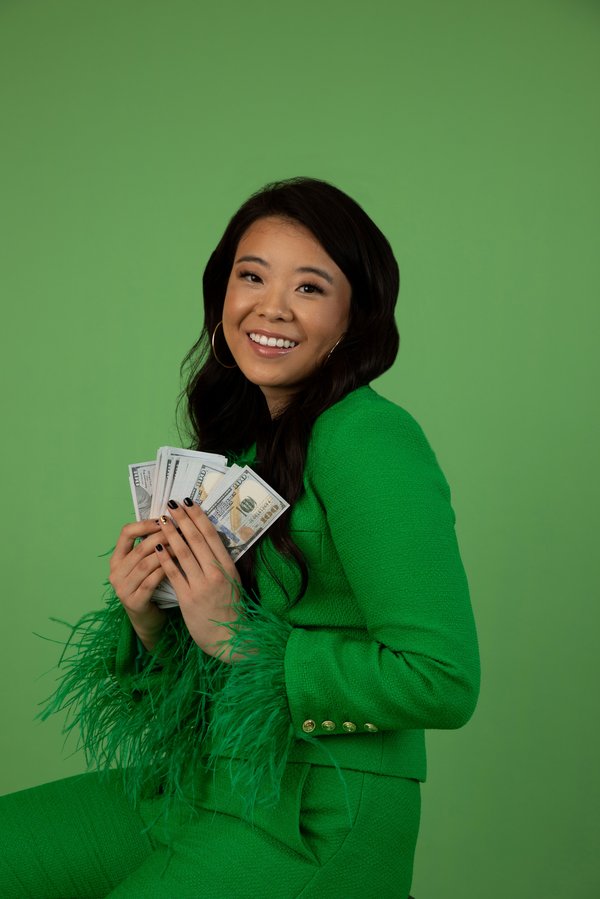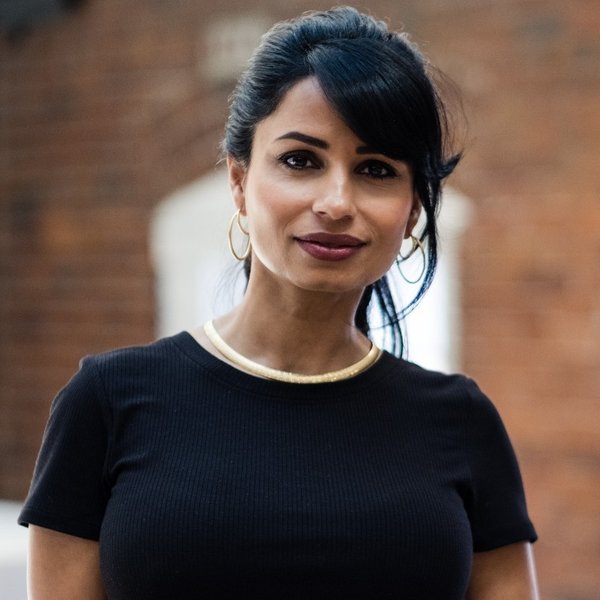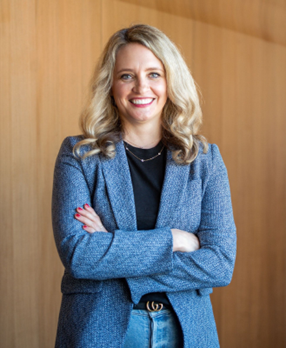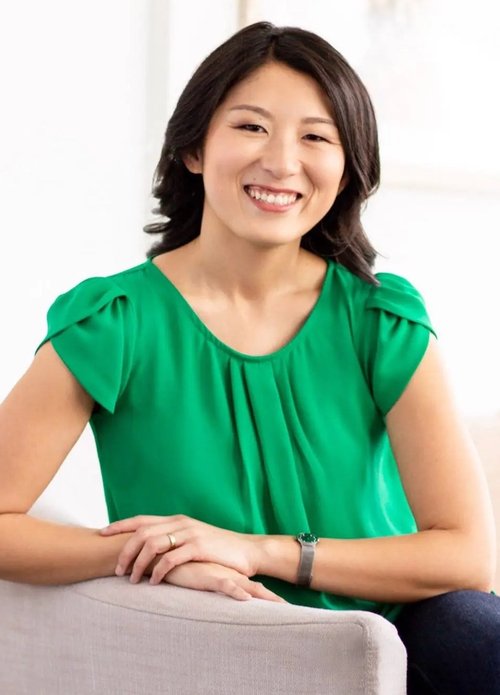
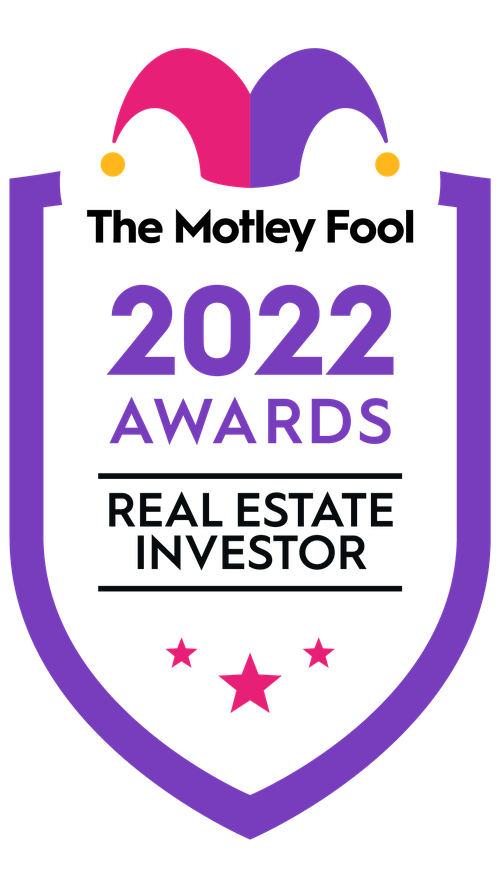
Annie Dickerson is an award-winning real estate investing expert with 15-plus years of real estate investing experience.
Annie and her business partner, Julie Lam, are the founders of Goodegg Investments, which was named Best Real Estate Syndication Company in North America by BUILD Magazine in 2020. Together, they have helped thousands of investors around the country to invest in commercial real estate assets totaling more than $1 billion.
Annie and Julie are authors of the book, Investing For Good: The Surprising Strategy For Building Wealth While Also Making An Impact, hosts of the “Life and Money Show” podcast, and creators of the Real Estate Accelerator, an elite mentorship program designed to help people learn how to raise private capital for real estate investments.
Annie is also the recipient of the Real Estate Investor Award for The Motley Fool's 2022 Women in Investing Awards.
Annie's Investing Style
How many years of investing experience do you have? 10-20 years
What is your investing risk tolerance? Medium-High
What is your portfolio size? 20+ stocks
What are your favorite investing sectors? Real estate
Before diving into our Q&A with Annie, get more insight on her investing style and experience in this Motley Fool Live interview below.
When did you get started in investing and why?
In the 10 years following college, I had nine different jobs. I started out as an elementary school teacher with Teach For America, moved on to game design to create educational games, and then to instructional design to create gamified trainings for companies.
Throughout all of it, I was chasing impact -- trying to find the place where I could make the biggest impact. When I would inevitably bump up against managers telling me no, or, “This isn’t how we do things here,” I would jump ship and move on to the next venture, hoping things would be different.
By the time the cracks started to show on that ninth job, I started to wonder whether there was a different way. Perhaps holding down a W-2 job wasn’t the right thing for me. At the time, having seen the intense and cutthroat nature of entrepreneurship in the game design space, I thought that starting a business wasn’t the right path for me.
However, the concept of passive income through investing in real estate was brought to my attention, and I thought, what an intriguing concept. Through the nine jobs I’d held, I had been trading my time for money with each one. But, through passive income, I could continue to make money, even without putting in the work.
My wheels started to turn, and I did some back-of-the-napkin calculations. I figured, with each rental property, I could probably net $100-300 per door in passive cash flow per month, after paying the mortgage and expenses.
Given that, I just needed to collect several of these rental properties to start to replace the income from my job. Suddenly, I had a way out of the proverbial rat race, and I started playing real life Monopoly.
As I cracked the nut on investing in rental properties, I discovered that several of my friends and family were interested in investing alongside me, so I expanded into real estate syndications (group investments), which is what we now focus on at Goodegg Investments.
Can you tell us a little bit about your relationship with money at an early age?
I was born in Beijing and moved to the states when I was four years old. As an immigrant family, we didn’t have a lot of money growing up. We did all our shopping at yard sales and in the bargain bins, and I wore a lot of hand-me-downs.
My parents didn’t know much about investing, but, having come from China, they knew a lot about saving, and that’s predominantly what they passed on to me. Every dollar earned was a dollar that could be saved.
As such, for a long time, I struggled with the spending aspect of money. Because I was taught that I should save, save, save, there was often an undercurrent of guilt when spending money, particularly when spending money on myself.
Through investing, creating passive income, and achieving financial freedom, I’ve gradually been able to unwind and heal my complex relationship with money, particularly now that I understand how I can put money to work for me, which was something I never learned as a child.
What has your journey been like as an investor? What are some of the challenges you’ve had to overcome?
I never meant to become a real estate investor. My husband and I fell into it because the numbers just made sense. Our first real estate investment was a duplex in Washington, D.C., where we lived in the top unit and rented out the basement in-law suite. It made much more sense to buy that duplex than to purchase a single family home with no income potential, so we forged ahead.
Once we discovered that this “house-hacking” strategy was viable, we continued down that path, proceeding to house-hack another three duplexes over the course of several years -- first in D.C. and then in the San Francisco Bay Area, where we live now.
Real estate investing was never a central focus for us but rather something we did on the side. And, for that reason, I never really saw myself as an investor. That is, until I started to become more interested in real estate investing as a path to replace the income from my W-2 job.
This was in 2017, and I became insatiably hungry to learn as much as I could about real estate investing, partly driven by my desire to get out of the W-2 world. I listened to multiple podcasts a day, read a ton of books, and scoured the forums and blog articles to try to wrap my mind around it all.
At first I was focused on doing everything on my own, namely because I wanted all the control. Even when I started to get into the world of commercial real estate syndication, my initial thought was that I could do everything -- find the deal, underwrite the deal, do all the due diligence, raise all the capital, sign on the loan, and do all the asset management.
Quickly I realized that it’s very difficult in this industry to do it all by yourself and to do it well. I realized that, if I was going to be a steward of other people’s money, I couldn’t do everything by myself. I needed to build a strong team with a strong alignment of vision, mission, and values to work hard on behalf of the investors and the communities we invested in.
Once I let go of trying to do it all myself and instead sought to create strong partnerships, that’s when my investing journey really took off.
In what ways has your social or cultural identity and lived experiences positively impacted your investing journey?
I’ve always been a fairly curious, creative, and adventurous person, always excited to explore new frontiers and try new things, usually without too much hesitation or fear.
On top of that, I worked for years in the design industry, where design thinking was a big part of the process. As such, I’ve learned that nothing is perfect the first time; everything is a process of experimentation and feedback.
When it comes to real estate investing, I approach it with that same sense of adventure, experimentation, and iteration. Over the years, I’ve tried house-hacking, out-of-state rentals, private lending, and now commercial syndications. I’ve done deals solo and with partners. I’ve invested in top-tier markets, as well as secondary and tertiary markets.
Did every deal pan out as expected? Not by a long shot. But, with every investment, I learned something -- something about me, something about the market, something about the asset class, or something about the partners -- which I then took forward to make me an even stronger investor.
Through that process of constant iteration and feedback, I’ve been able to avoid the analysis paralysis and just keep playing and experimenting, which has helped me to go pretty far pretty fast.
With so many new or younger investors dipping their toes into investing, what’s the best advice you have for someone who may be looking to start investing or who may be newer to the industry?
One thing I wish I’d known early on is that there’s no single type of investment that’s the best or the worst. There’s not one single type of investment that will make you the most money. Rather, the best type for you is the type you understand the best.
Often, newer investors get shiny object syndrome when they first start investing. As you learn about all the different ways to invest, it can be tempting to dabble a bit here and a bit there. And while that’s OK in the beginning, I’d advise you to find your niche as quickly as possible.
Further, think about how involved you want to be with your investments. Do you want to roll up your sleeves and be actively involved day in and day out, or would you rather invest passively so you can focus on other endeavors?
Taking time to reflect on questions like these will help you to find the right investments for you. There are so many different ways to make money through investing, but personally I believe that if you can find an investing path that really interests you, then you’ll be able to have fun with it and dig deeper, which will ultimately make for the best investing experience.
What type of investing makes your heart sing, regardless of the potential returns? Which investing avenues make you so excited you can’t wait to listen to the next podcast episode on the topic or tear through the next book?Annie Dickerson
What advice would you give to a newer investor who may be experiencing market volatility for the first time?
Market cycles are an inevitability when it comes to economics and investing, so market volatility is nothing to be scared of. Rather, since you know that market cycles will continue to happen, the best strategy is to educate yourself on what has happened in previous cycles so you know what to expect and how best to navigate the ups and downs.
For example, in the world of real estate investing, there’s money to be made when we’re at the top of the market, and there’s money to be made when we’re at the bottom.
The key is in understanding the signs of when the market is turning, understanding the impact of those shifts, and being nimble enough to shift your strategy so you can ride the wave.
If you could go back in time and change one thing about your investing strategy, what would you change and why?
You often hear real estate investors say that their biggest mistake was not starting earlier, and that’s certainly the case for me as well (although I do believe that everything happens in the right time).
I purchased my first duplex when I was 23. If I’d dug into real estate investing at that time and invested at a faster clip, I would have been able to take greater advantage of the swelling growth in the years following the Great Recession.
By leisurely taking my time, I was able to still grow my portfolio, just not as fast as I could have. As such, these days we’re always looking to optimize and maximize, to make sure we have our eyes open to all the possibilities so we don’t look back in several years’ time and realize we missed a big opportunity.
What are three things that really excite you about the future of investing?
1. Content and community
With so many amazing blogs, videos, podcasts, books, events, and courses on investing, we’re collectively working to democratize the information that was available only to a select subset of the population.
Through the power of knowledge and information, together with communities of open-minded and welcoming investors, more people can find their place in the world of investing, see it as not such a scary place, and start to build their own wealth, thereby starting to close the wealth gap.
2. Women in investing
I am overjoyed to see that more and more women are getting into the world of investing. Through investing and building wealth, women become more empowered and independent, and they teach others in their communities as well.
The way that women think and talk about investing can often be different from the way men approach investing, and I believe that bringing in those additional perspectives can make us all stronger investors.
3. Impact investing
When I was growing up, my understanding of investing was that it was all about yourself. You make an investment, and then you see a return on that investment. There was never any thought about the impact that that money could make.
That’s why I’m so excited about the growing space of impact investing, where people can invest their money to build wealth for their families while also helping to make the world a better place.
What are some of your favorite educational resources (books, podcasts, websites, etc.) that you’d recommend for investors of all ages?
1. Goodegg Investments
If you are looking to invest in real estate without the hassles of being a landlord, look no further. You’ll find everything you need to know via the Goodegg Investments website. We infuse our personal stories and experiences into everything we put out, and we’re always there with you every step of the way.
2. Emerging Real Estate Markets by David Lindahl
If you’re looking to invest in real estate, particularly in markets outside your own backyard, this is a fantastic resource. Even if you’re not interested in emerging markets and want to invest instead in more established markets, this book will walk you through the fundamentals of any market.
3. Rich Dad, Poor Dad by Robert Kiyosaki
No matter what type of investing you embark on, mindset is a huge part of the equation, which is a big part of this book. And, if you have kids, there’s even a graphic novel version of Rich Dad called Escape the Rat Race. Check it out -- my kids loved it!
Related investing topics
What’s one quote or saying that inspires or challenges you?
“Here's to the crazy ones. The misfits. The rebels. The troublemakers. The round pegs in the square holes. The ones who see things differently. They're not fond of rules. And they have no respect for the status quo. You can quote them, disagree with them, glorify or vilify them. About the only thing you can't do is ignore them. Because they change things. They push the human race forward. And while some may see them as the crazy ones, we see genius. Because the people who are crazy enough to think they can change the world, are the ones who do.”
— Originally written by a collective that included Rob Siltanen, Lee Clow, and others, and made famous by Apple’s Think Different ad campaign in the late 1990s
I’ve always been a rebel and a troublemaker, in my own way. Even though I was a straight-A student, valedictorian, and Ivy League graduate, I’ve always found opportunities along the way to push the boundaries, try new things, and question the status quo.
I think investing is a big part of that. We’ve all been taught certain messages and stories about money. And, if those lessons are serving you and helping you to create the life you want, that’s perfect.
However, if you’ve ever wondered whether the path you’re on is indeed the best path for you, and whether there’s something else out there, that’s what this poem is about. It’s about not being afraid to try new things, about making progress, and about stepping up to make an impact, which is why it continues to inspire me and all the work we do at Goodegg Investments.








